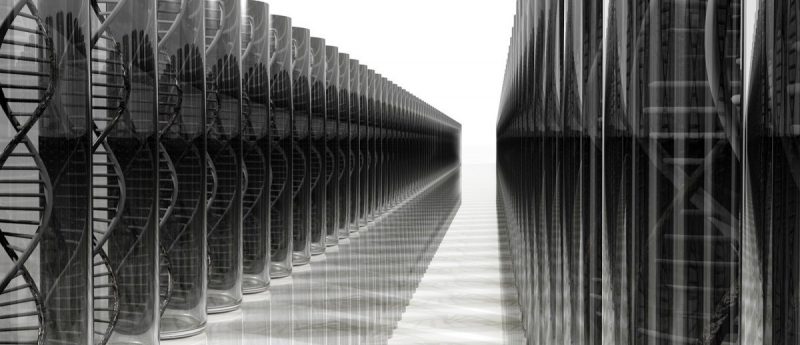Biobanking and indigenous populations

Indigenous perspectives on the world of biobanking and genomic research present challenges. The way in which these are responded to will demonstrate the extent to which this linked activity supports the concepts of equity and social justice.
Barry Smith
Lakes District Health Board, Rotorua, New Zealand
[email protected]
The recent global growth in the area of biobanking and genomic research provides exciting opportunities across a number of research specialties whilst also being a focal point for some key debates regarding social and ethical tensions associated with these linked activities. The reservations regarding the behaviour of biobanks and the genetic research community expressed by indigenous populations in countries like Australia, Canada and New Zealand constitute an important category of this ethical concern (see for example [1]).
Broadly speaking, the key question facing society in general is why should there be support for the process of tissue collection and the research activity built upon this process? For indigenous peoples however, this contemplation must as well contend with a persistent suspicion emanating from the experience of past engagement with ‘mainstream’ research and health care systems — a suspicion that is totally understandable and reasonable given the persistent health disparities suffered by indigenous populations under prevailing health delivery and research structures. But, on this latter point, it is also the very potential for this area of health research to improve personal and, ultimately, population health that provides a key justifications for financial and emotional investment in this activity.
For indigenous peoples, it is the possibility of improving their health outcomes that, in spite of the noted unease, motivates an interest in the possibility of becoming donors to biobanks and thus potential ‘participants’ in genomic research. Of course, if the need to understand health issues across entire populations is an important goal for the health research community in the interests of achieving a semblance of social justice in respect of the patterns of health outcomes, then the need for this community to also understand the concerns of indigenous peoples will be a primary prerequisite to this achievement. Research in a number of places but, particularly in the countries mentioned above, is beginning to build a picture as to the nature of the anxieties expressed in these contexts.
It is clear that if the goal of health research mentioned above is to receive serious attention then a number of factors will require consideration by the biobanking community:
- How can indigenous interests be protected and concerns ameliorated in the current biobanking environment and, moreover, will biobanks consider this issue one worth investing energy and resources in?
- Will biobanks be willing to establish or augment existing processes to support rather than merely define health priorities for indigenous populations? The fact is, indigenous communities do actually understand their own health needs!
- What control will indigenous communities have over the way in which research is carried out and the way in which data are analysed and translated back to the providers of tissue? In other words, to what extent will biobanks and genomic researchers be willing and able to take account of cultural contructs and values in order to both maximize the potential for engagement and encourage links with indigenous donors and ‘participants’.
- To what extent do current structures and processes characterising biobanking encourage and promote the creation and sharing of benefits — not just with individuals but with communities?
- What does the concept of donor and participant consent actually mean in the biobanking and genomic research environment and how well does this conception align with, and to what extent can it accommodate, the way indigenous peoples view this process. As an example, how might the tension between individual and ‘collective’ consent be resolved?
Ethical debate around the implications of the failure to create an equitable distribution of health knowledge across all segments of our societies and populations, coupled with need to redistribute benefits and reduce health disparities, provides the essence for the short statement above. The extent to which the world of biobanking and genomic research respond (and are responding) to these debates and the challenges to existing world views will be of interest to indigenous communities across the globe.
References
- Beaton A, Smith B, Toki V, Southey K, Hudson M. Engaging Maori in biobanking and genetic research: legal, ethical, and policy challenges. The International Indigenous Policy Journal, 6(3), doi:10.18584/iipj.2015.6.3.1 (2015).